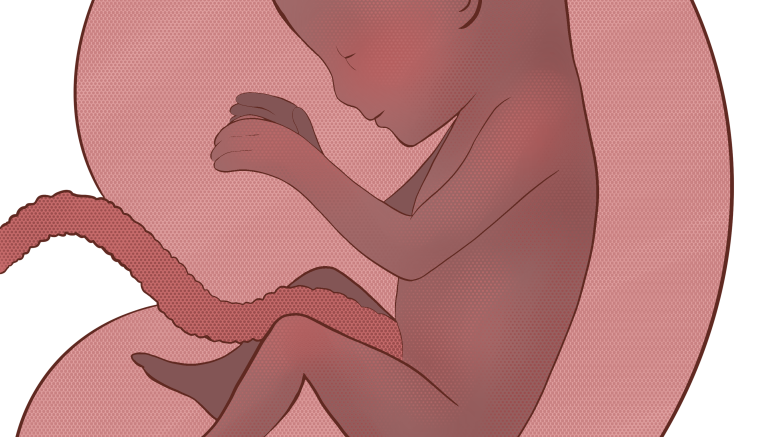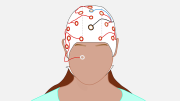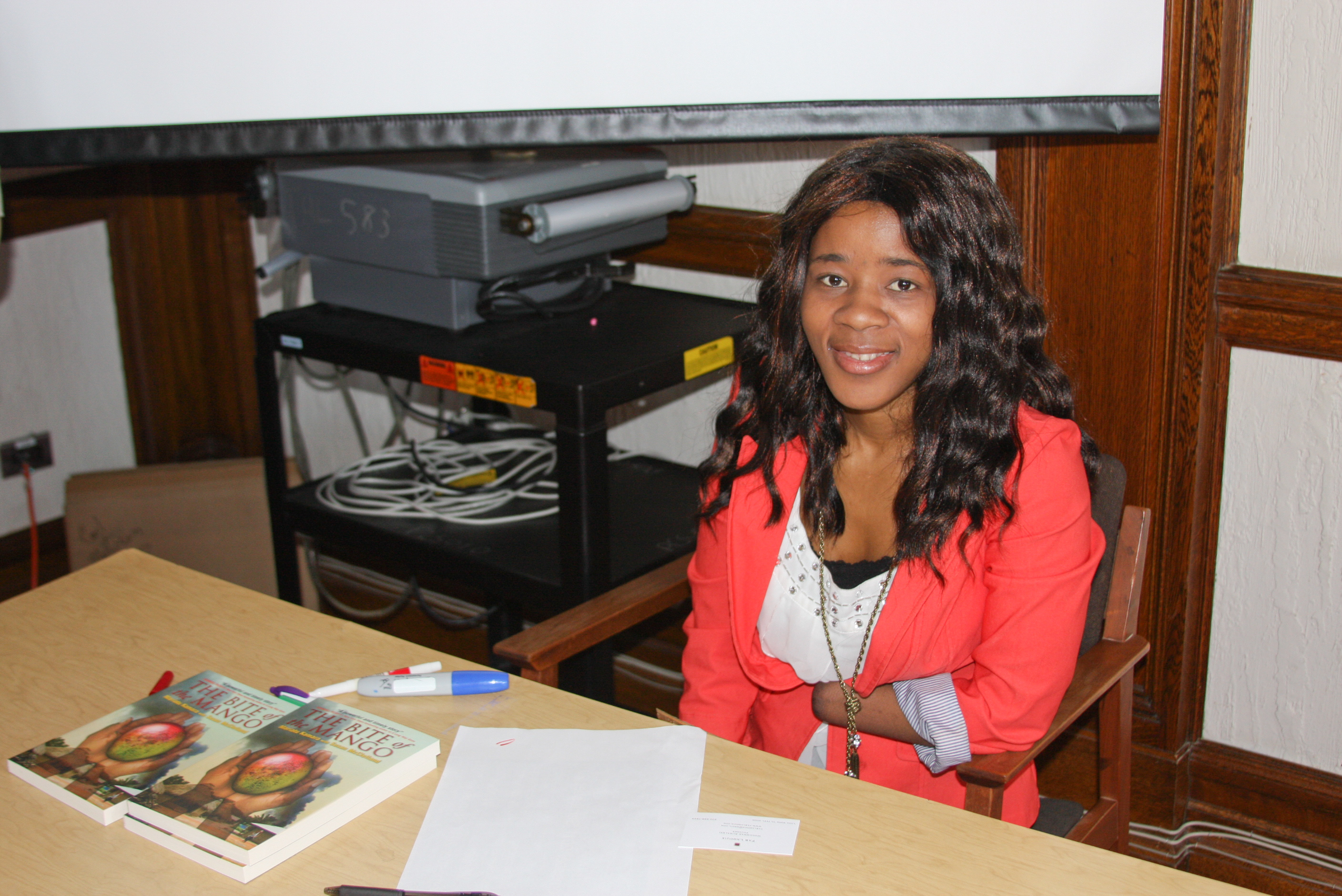Last month, Research Manitoba’s Innovation Proof-of-Concept (IPoC) Grant Program allocated close to $550,000 in funding over the span of two years to support five research initiatives at the University of Manitoba. Among the recipients is associate professor in the faculty of kinesiology and recreation management Ayesha Saleem.
Saleem is a principal investigator at the Children’s Hospital Research Institute of Manitoba. Her research focuses on cellular biology and its implications for understanding childhood health and diseases.
Currently, her research endeavours revolve around extracellular vesicles (EVs) — nano-sized particles that play crucial roles in intercellular communication within the body, typically by carrying various types of molecules.
Saleem and her team are investigating how EV-mediated signalling impacts mitochondrial function across various health and disease models. This includes studying EVs derived from exercise, aging and metabolic disorders like Type 2 diabetes and obesity.
“We’re doing this because we believe this EV-mediated signalling between cells and between organ tissues within a body is regulating the interplay between the host tissue, as well as in post challenges,” she explained.
Additionally, Saleem is exploring the potential diagnostic utility of fetal EVs for rare genetic diseases affecting children.
“We’re trying to approach and determine whether environmental and developmental conditions, like breastfeeding during early childhood or asthma development, can be linked with EVs in the breast milk,” she explained.
Saleem’s upcoming project, funded by the IPoC Grant Program, would investigate the feasibility of using EVs as diagnostic biomarkers for mitochondrial disorders during prenatal and postnatal stages.
“It’s a very innovative and unique proposal and we are trying to see if fetal EVs can be used to tell us if the fetus has any kind of genetic disease,” she said.
Saleem noted the significance of this research, highlighting that certain conditions, such as pediatric mitochondrial disease, pose significant challenges in diagnosis.
Her project has two primary objectives.
Firstly, it aims to establish concrete evidence that demonstrates the transfer of fetal diseases into the maternal circulation system, employing advanced experimental transgenic models (genetically modified animal models) and cutting-edge molecular techniques.
Secondly, Saleem aims to assess the potential of EVs as markers for mitochondrial disease by isolating EVs from human patients with the disease to scrutinize their composition and evaluate their suitability as diagnostic indicators.
Saleem’s journey as a researcher began at York University, where she pursued her undergraduate and master’s degrees before completing her PhD at the same institution. Following this, she did her postdoctoral fellowship at McMaster University — delving into the intricate mechanisms underlying mitochondrial biogenesis and its relationship with exercise-induced physiological challenges, particularly focusing on the tumour suppressor protein p53.
In discussing her motivation for this research, Saleem highlighted her lifelong fascination with science and the mentorship she received from influential researchers such as York University researcher David Hood.
“I remember sitting in my fourth-year exercise physiology class at York University and just being absolutely fascinated by my professor, and he actually went on to become my master’s and PhD advisor,” she recalled.
Ultimately, the researcher finds inspiration from a variety of sources — including scientists who have advanced research, as well as her family, friends, colleagues, mentors and teachers. She particularly highlighted her father’s strong work ethic and her sister’s support in keeping her motivated.
“I’m blessed and lucky to be surrounded by so many people who inspire me to keep moving forward,” she said.
Saleem advises students that while experience and knowledge are helpful, nothing can replace internal drive and passion.
She stressed the importance of students’ wholehearted dedication and perseverance in pursuing their goals, regardless of the field.
“We are lucky enough to be in a place and […] privileged to be in a position where we can investigate cellular biology and physiology and really find new knowledge, as well as ensure that our results can help people and others,” Saleem said.
“You never know who’s holding the secrets or the cure to the next disease in their mind, they just have to be exposed to research.”




